It's essential to hire the experts when you need to install a retaining wall at your Twin Cities home.
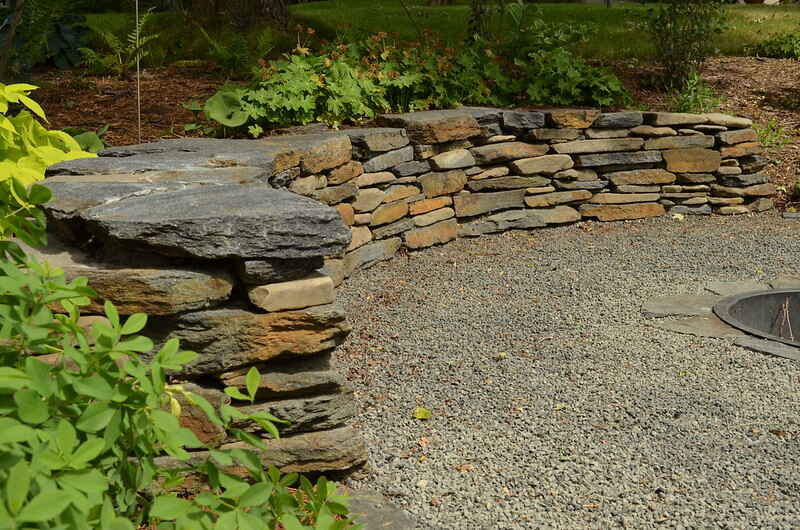
The appeal of DIY projects is undeniable – the satisfaction of completing something yourself, potential cost savings, and the flexibility to work at your own pace. However, when it comes to retaining walls in Minnesota's challenging climate, the decision between DIY and professional installation involves much more than personal preference. As experienced Twin Cities retaining wall contractors who have been serving the region since 2004, we've seen firsthand the consequences of both successful professional installations and failed DIY attempts.
Successful DIY retaining wall projects typically share several characteristics:
What makes retaining wall installation particularly challenging in the Twin Cities area is the combination of factors that DIY resources often don't adequately address:
Frost Line Requirements: Minnesota's 42-inch frost line means foundations must be significantly deeper than in most other regions. This isn't just a guideline – it's a structural necessity for long-term performance.
Soil Conditions: The Twin Cities area's prevalent clay soils expand and contract dramatically with moisture changes, creating forces that can destroy improperly designed walls.
Drainage Engineering: Minnesota's heavy spring snowmelt and summer storms require sophisticated drainage solutions that go far beyond basic backfill recommendations.
Municipal Requirements: Local building codes, permit requirements, and engineering specifications vary significantly between Twin Cities communities.
Materials:
Hidden Costs:
Total DIY Investment: $3,050-$6,700
Complete Professional Installation: $4,800-$9,600
The cost difference may seem significant initially, but when factoring in the true cost of materials, tools, permits, and time, the gap narrows considerably. More importantly, professional installation includes elements that DIY projects often lack:
Failed DIY retaining walls create costs that far exceed professional installation:
Emergency Repairs: $3,000-$15,000+ when walls fail catastrophically
Property Damage: Slope failure can damage foundations, driveways, and landscaping
Liability Issues: Inadequate walls that affect neighboring properties
Replacement Costs: Complete removal and professional reconstruction
We've assessed dozens of failed DIY retaining walls over the years, and the average total cost to correct these failures exceeded $12,000 – often double the cost of professional installation from the beginning.
Depth Requirements: Excavating to 42+ inches below grade requires more than a shovel and weekend effort. Clay soils become extremely difficult to excavate at depth, and proper compaction of foundation materials requires specialized equipment.
Utility Conflicts: Professional utility location is required by law in Minnesota, but DIY installers often don't understand the complexity of working around underground services.
Slope Stability: Temporary slope stabilization during construction requires engineering knowledge that most homeowners lack.
Proper drainage systems for Minnesota conditions involve multiple components working together:
Primary Drainage: Perforated pipe systems sized for local precipitation and runoff patterns
Secondary Drainage: Backup systems for extreme weather events
Surface Integration: Connecting wall drainage to overall property drainage management
Winter Protection: Systems that continue functioning during freeze-thaw cycles
Even "simple" retaining walls involve complex structural considerations:
Load Calculations: Soil pressure, surcharge loads, seismic considerations (yes, even in Minnesota)
Reinforcement Design: Steel placement, spacing, and connection details
Stability Analysis: Overturning, sliding, and bearing capacity calculations
Material Specifications: Concrete mix design, block selection, mortar specifications
Burnsville: Retaining walls over 4 feet require permits and engineering
Lakeville: Structural permits required for walls over 3 feet
Minneapolis: Complex zoning and setback requirements
St. Paul: Historic district considerations in many neighborhoods
Most Twin Cities municipalities require professional engineering for:
Engineering Costs: $1,500-$4,000 for typical residential projects
Permit Fees: $100-$800 depending on municipality and project scope
Professional installations include required inspections:
DIY projects often fail inspections due to technical errors that require expensive corrections.
Planning and Permits: 2-6 weeks
Material Research and Procurement: 1-3 weeks
Site Preparation: 2-4 weekends (assuming good weather)
Wall Construction: 3-6 weekends for experienced DIYer
Backfill and Finishing: 1-2 weekends
Total Time Investment: 3-6 months of weekend work
Design and Permits: 2-4 weeks (handled by contractor)
Construction: 3-7 days depending on complexity
Total Project Duration: 4-6 weeks from contract to completion
For busy Twin Cities professionals, the time investment of DIY projects often exceeds the cost savings. Calculating time at even modest hourly rates often makes professional installation the more economical choice.
Material Sourcing: Access to commercial-grade materials not available to consumers
Equipment: Specialized tools and machinery for proper compaction and placement
Experience: Understanding of local conditions and proven techniques
Quality Control: Multiple checkpoints throughout construction process
Material Quality: Consumer-grade materials may have shorter lifespans
Technique Limitations: Lack of specialized knowledge often leads to shortcuts
Equipment Constraints: Rental equipment may not be optimal for the specific job
No Quality Oversight: Mistakes may not be discovered until failure occurs
Professional installations in the Twin Cities typically provide:
Excavation Hazards: Cave-ins, utility strikes, and equipment accidents
Lifting Injuries: Concrete blocks and stones are extremely heavy
Tool Injuries: Power tools and heavy equipment require proper training
Structural Collapse: Temporary shoring failures during construction
Wall Failure: Inadequate walls can fail catastrophically, creating serious hazards
Liability Exposure: Property damage or injury from failed DIY walls
Insurance Complications: Some policies may not cover DIY construction failures
Garden Walls Under 24 Inches: Decorative walls with minimal structural requirements
Terracing Projects: Multiple small walls rather than single large structure
Temporary Solutions: Walls intended to last 5-10 years maximum
Experienced Builders: Homeowners with relevant construction experience
Since 2004, we've built hundreds of retaining walls throughout the Twin Cities area, and our clients choose professional installation for several key reasons:
Local Expertise: Deep understanding of Minnesota soil conditions, climate challenges, and municipal requirements
Proven Performance: Walls we built 15+ years ago still perform like new
Complete Service: From design through final landscaping, we handle every aspect
Long-term Support: Ongoing maintenance and support throughout the wall's lifetime
Site Analysis: Comprehensive evaluation of soil, drainage, and structural requirements
Design Development: Custom solutions that integrate with your property's unique needs
Permit Management: We handle all municipal requirements and inspections
Quality Construction: Crews trained in proper Minnesota construction techniques
Warranty Support: Long-term warranty on both materials and workmanship
Burnsville Slope Stabilization: 80-foot concrete wall preventing erosion behind $400,000 home
Lakeville Landscape Integration: Multi-level stone walls creating usable yard space
Minneapolis Historic District: Custom stone work meeting historic preservation requirements
When considering professional installation, obtain quotes from multiple qualified contractors. Look for:
Proper Licensing and Insurance: Verify current credentials
Local Experience: Contractors familiar with Twin Cities conditions
Complete Proposals: Detailed scope, materials, and timeline information
References: Recent projects in similar conditions
Warranty Information: Clear warranty terms for materials and labor
Professional contractors can integrate retaining walls with other projects:
Combining projects often provides cost savings through:
While DIY projects can be rewarding, retaining walls in Minnesota's challenging climate represent a significant structural and financial investment that generally benefits from professional expertise. The combination of technical complexity, municipal requirements, safety considerations, and long-term performance expectations typically make professional installation the more prudent choice.
The relatively small cost difference between DIY and professional installation, when all factors are considered, makes professional construction an excellent value proposition. More importantly, professional installation provides peace of mind that your retaining wall will protect your property investment for decades to come.
Twin Cities homeowners consistently choose professional installation because:
If you're considering a retaining wall project, we encourage you to explore both options thoroughly. For most Twin Cities applications, professional installation provides superior value, performance, and peace of mind.
Ready to discuss your retaining wall project with experienced professionals? Contact Preferred 1 Concrete today. We'll provide honest assessment of your project requirements and help you make the best decision for your property and budget. Since 2004, we've been helping Twin Cities homeowners create beautiful, durable retaining walls that provide decades of reliable performance.

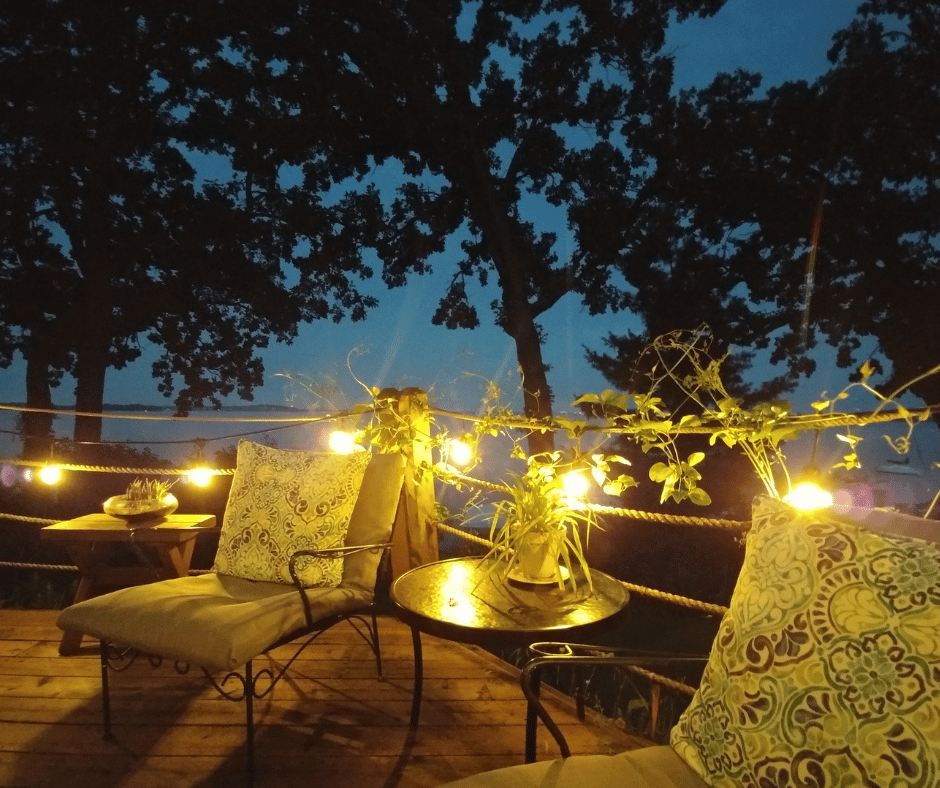



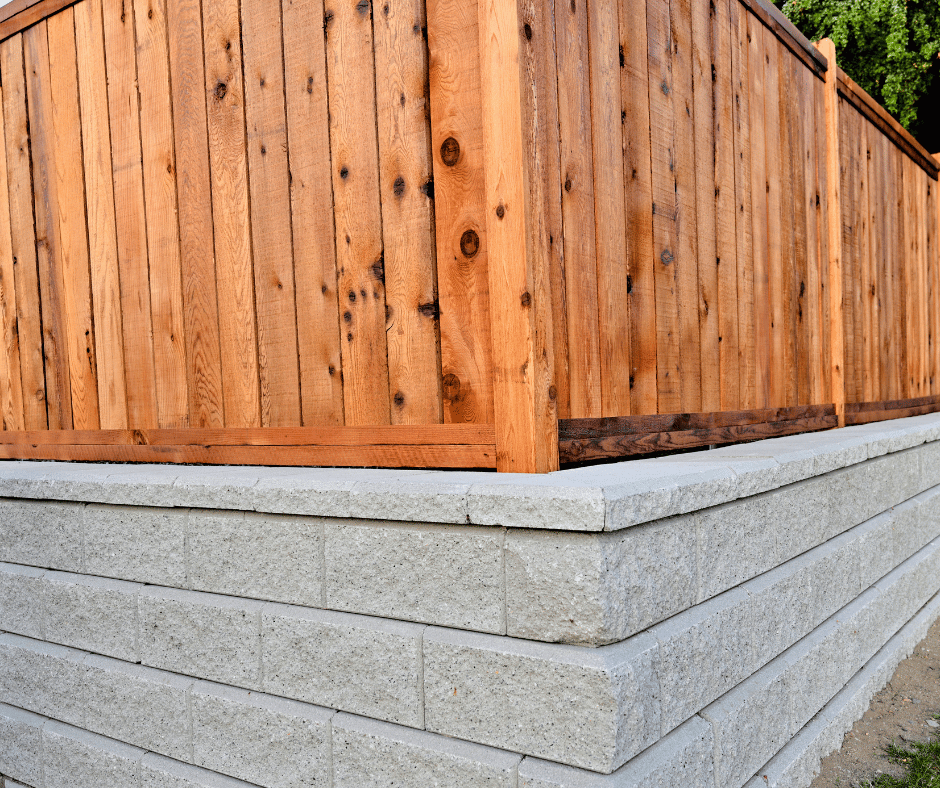



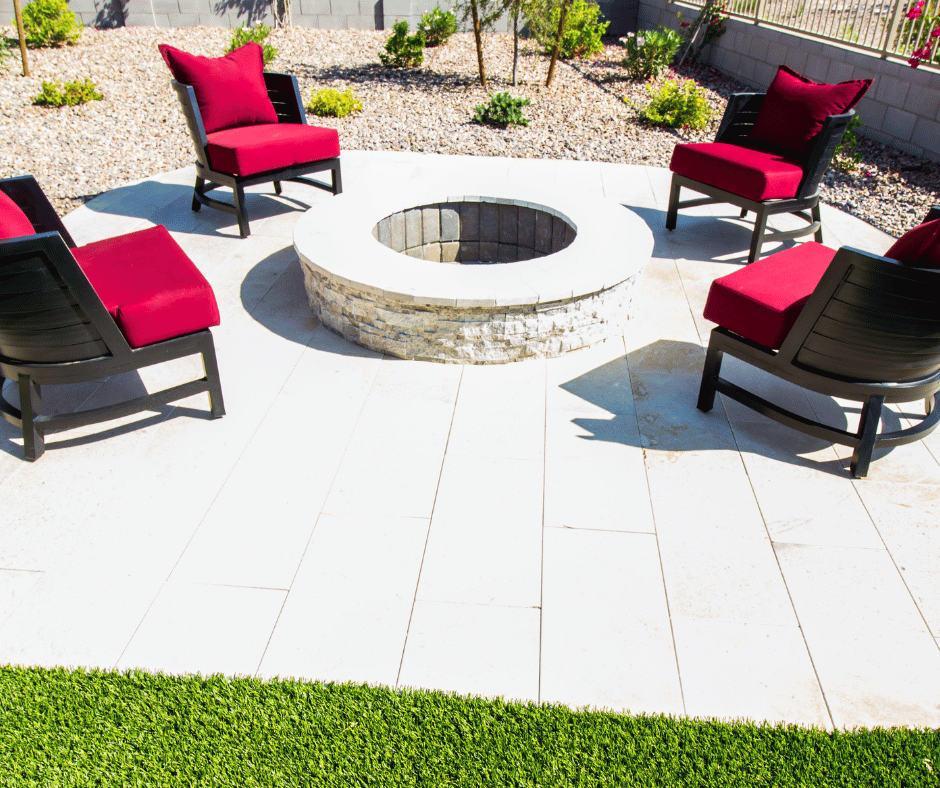



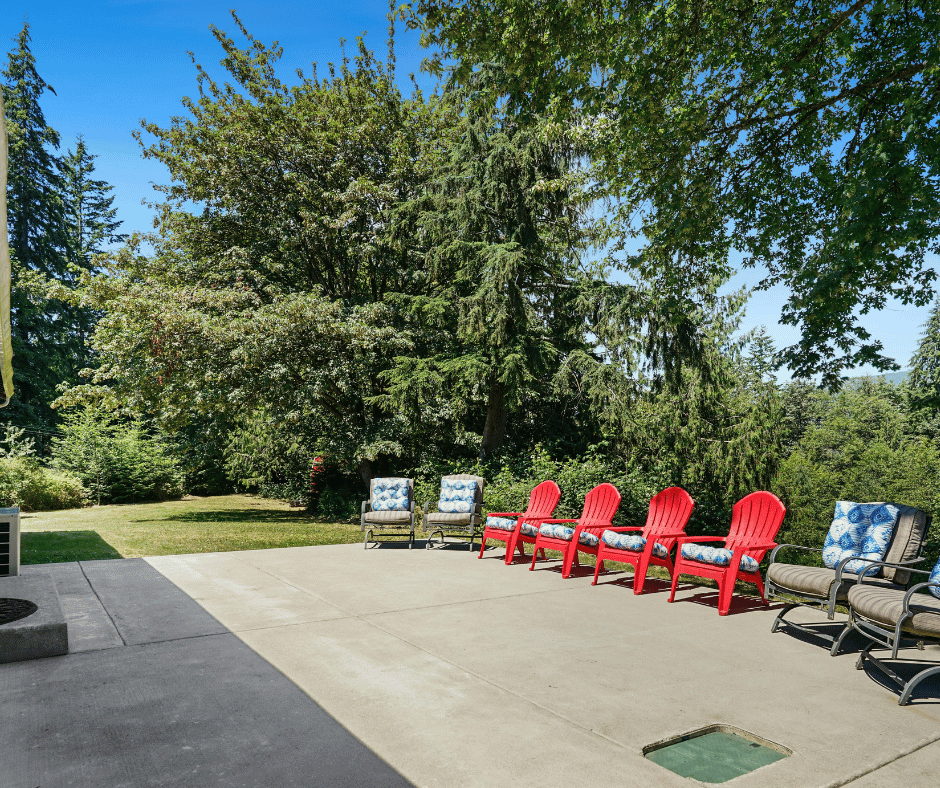



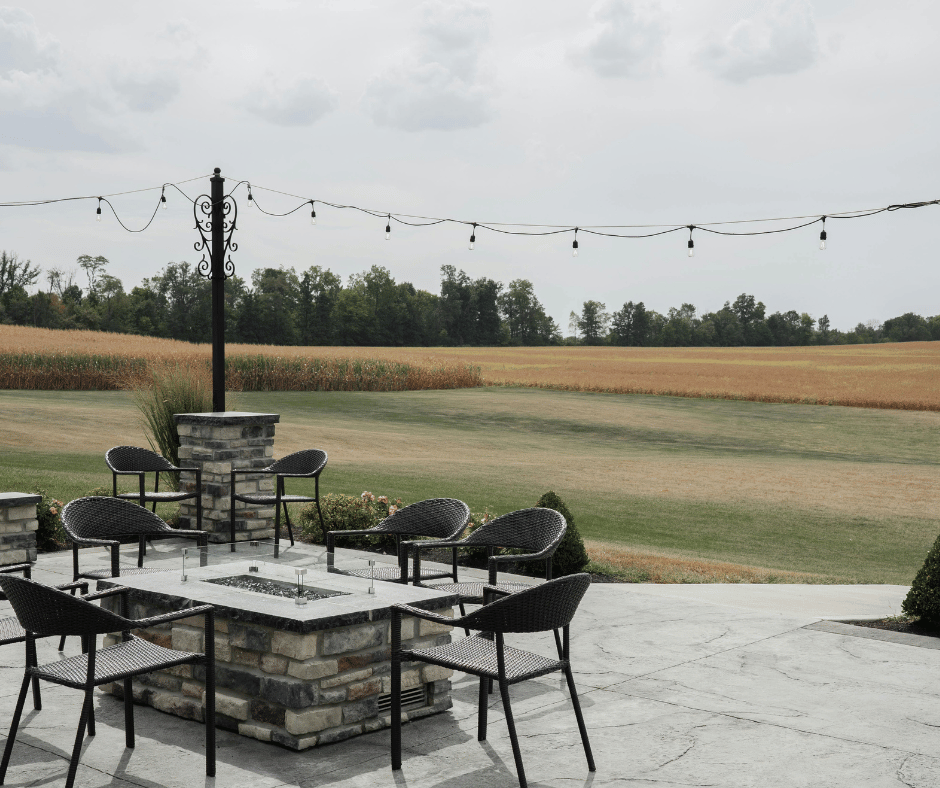



.png)



.png)



.png)



.png)



.png)



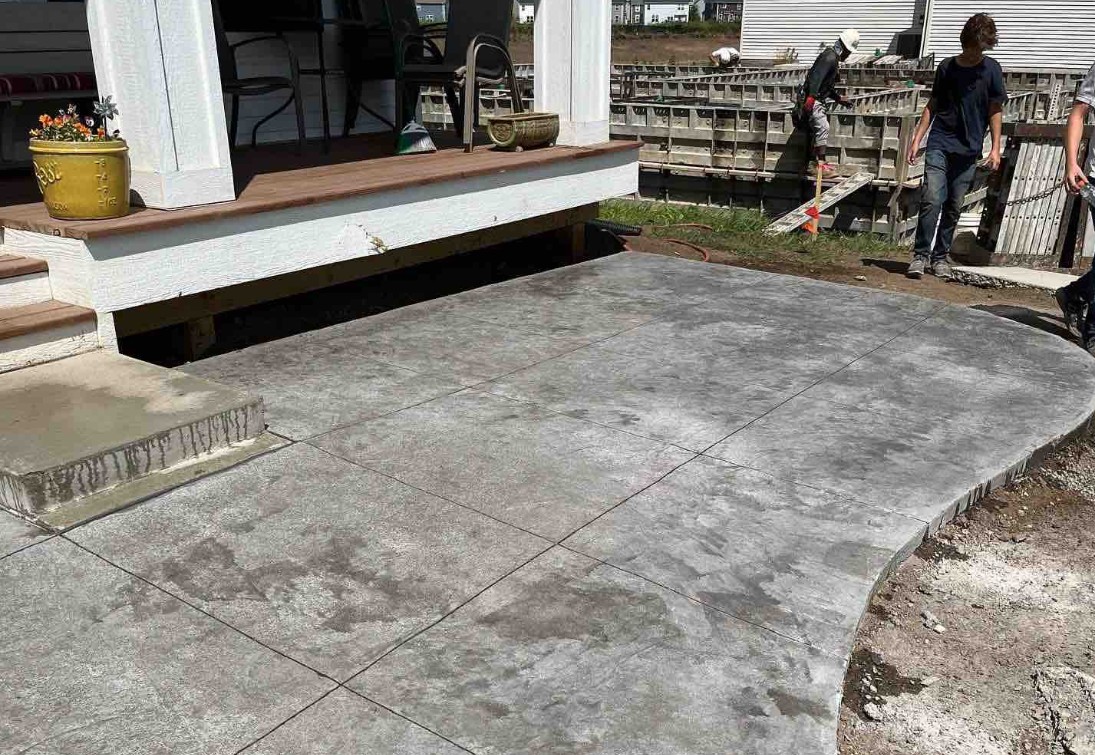



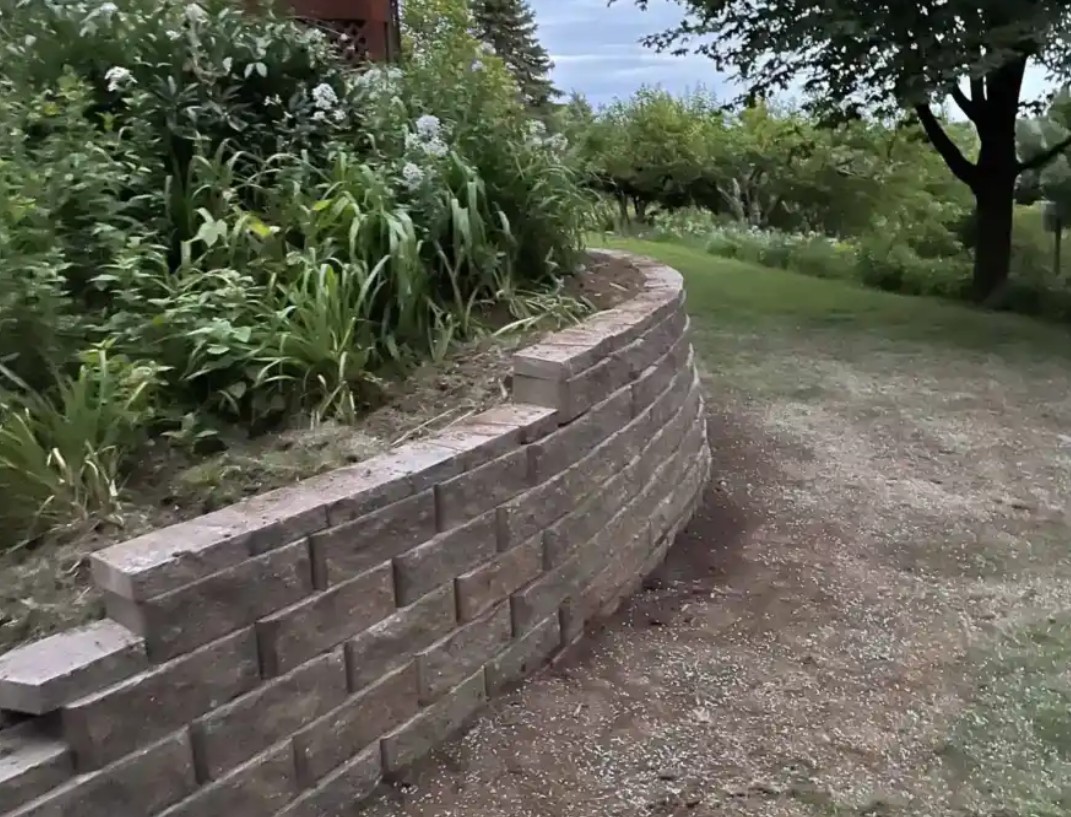



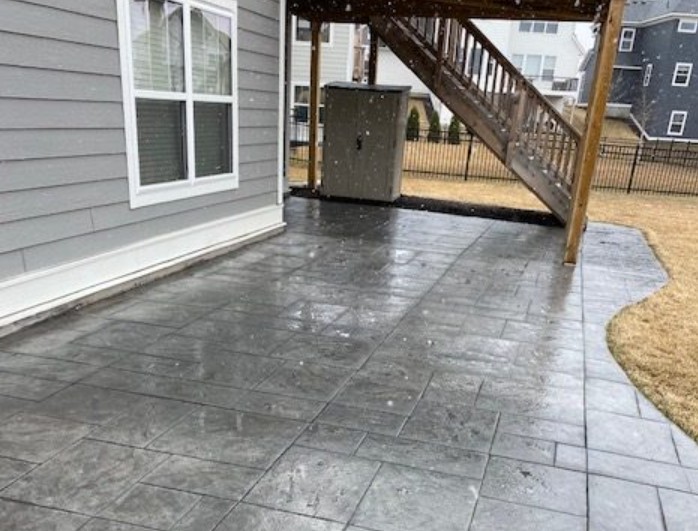



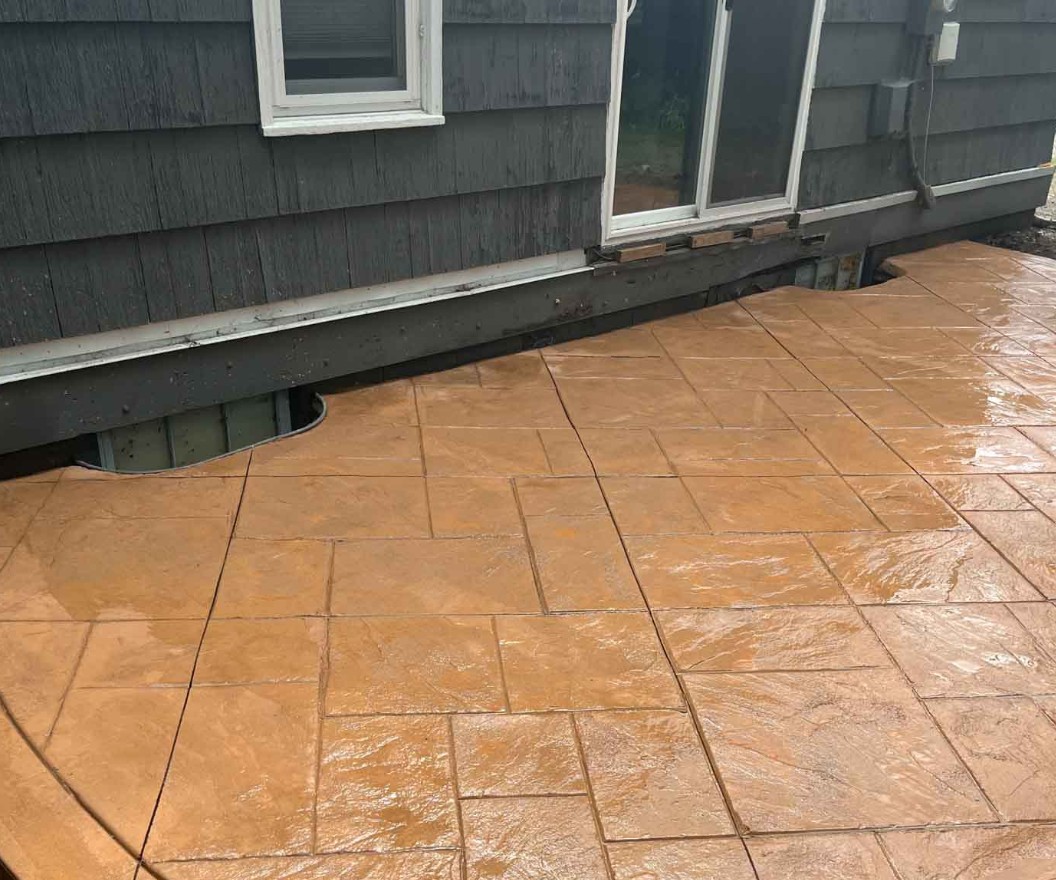



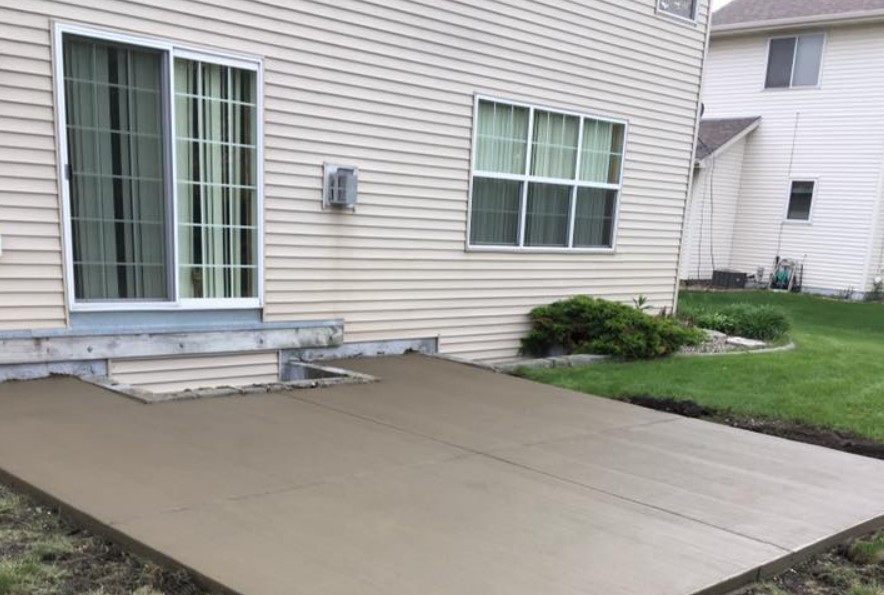



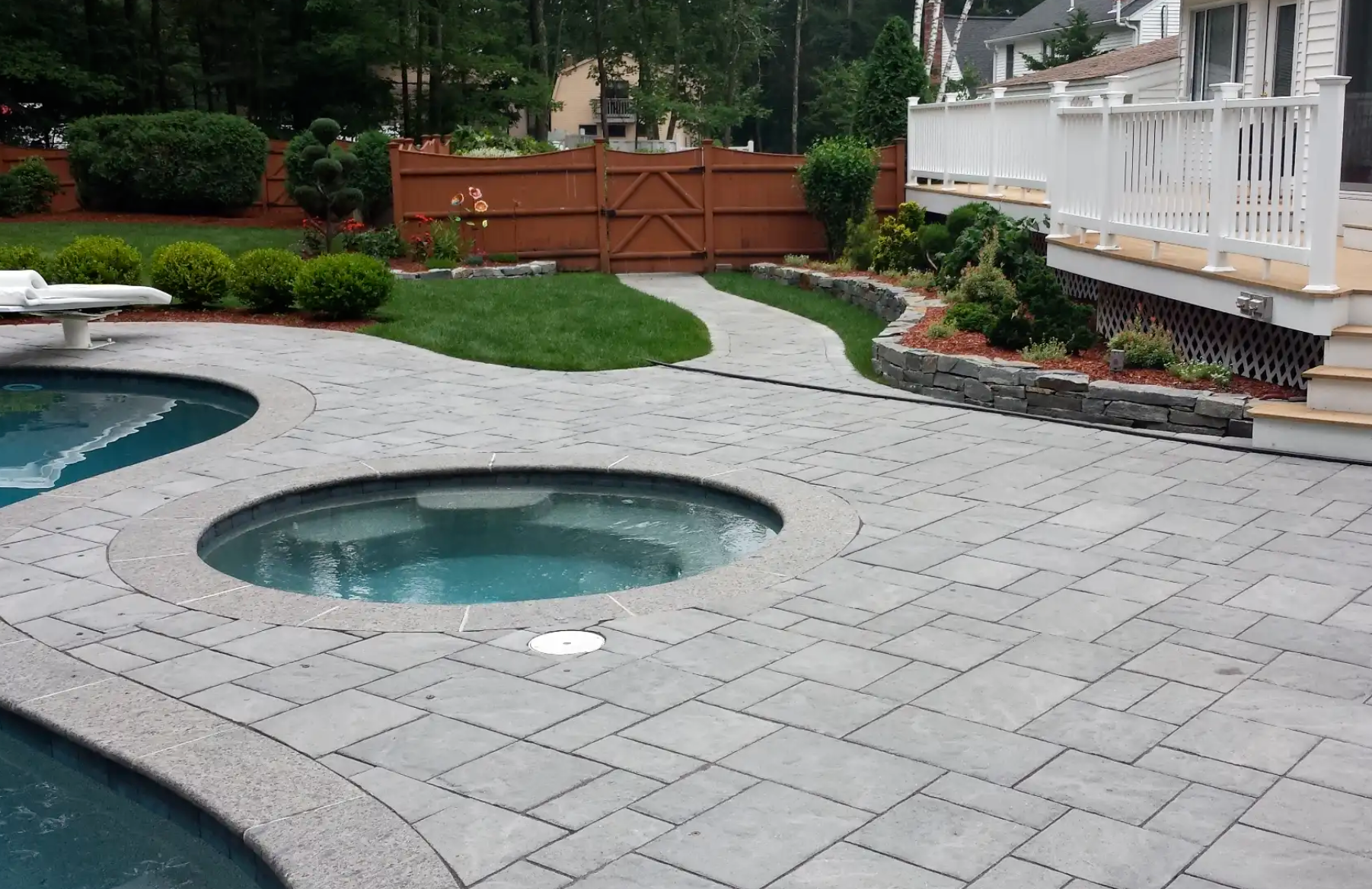



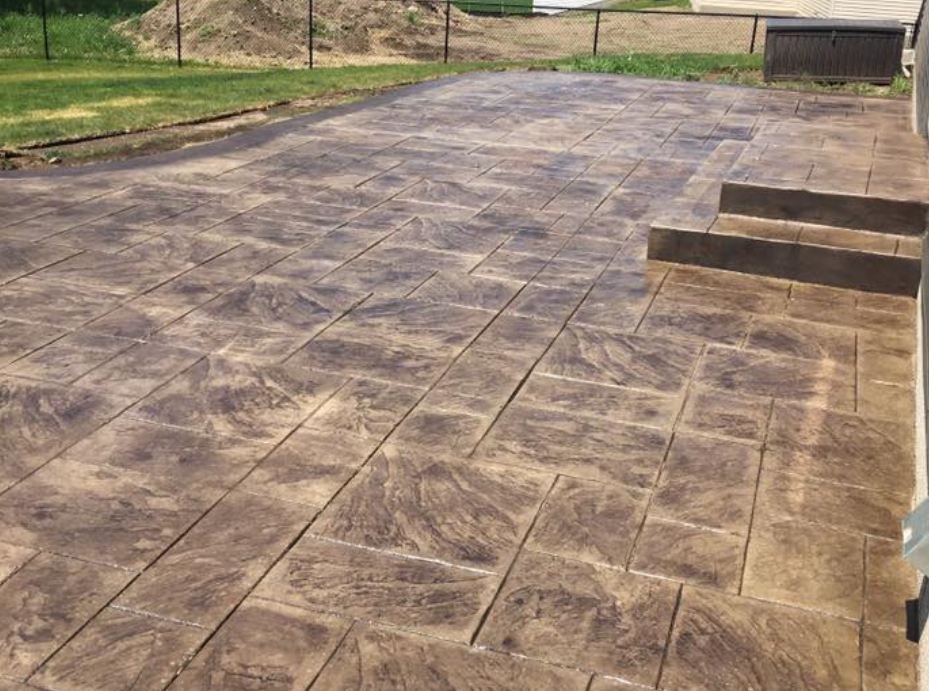



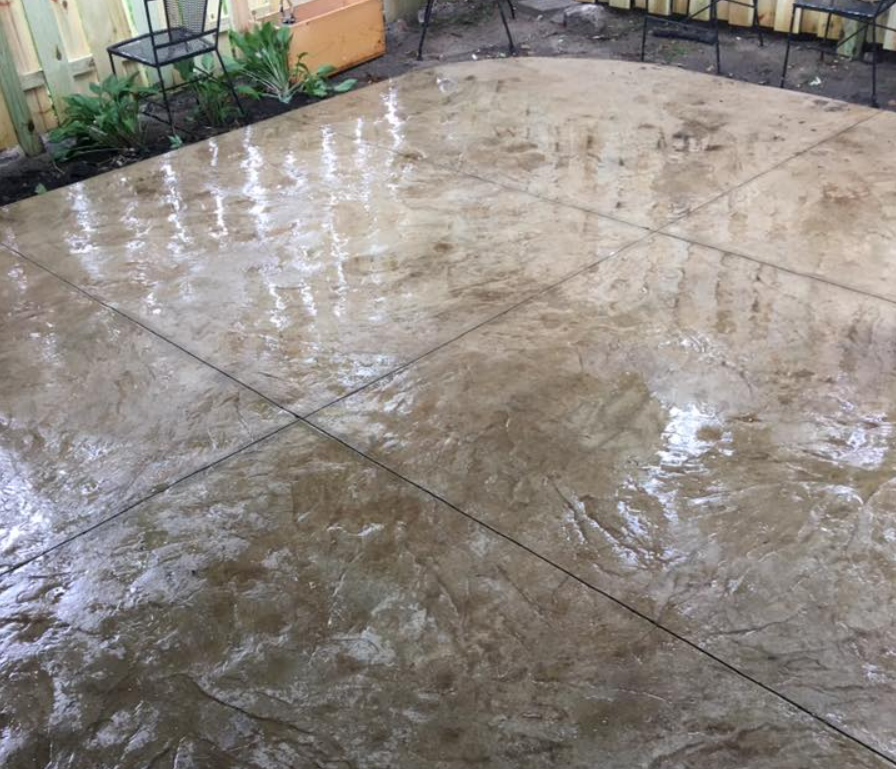



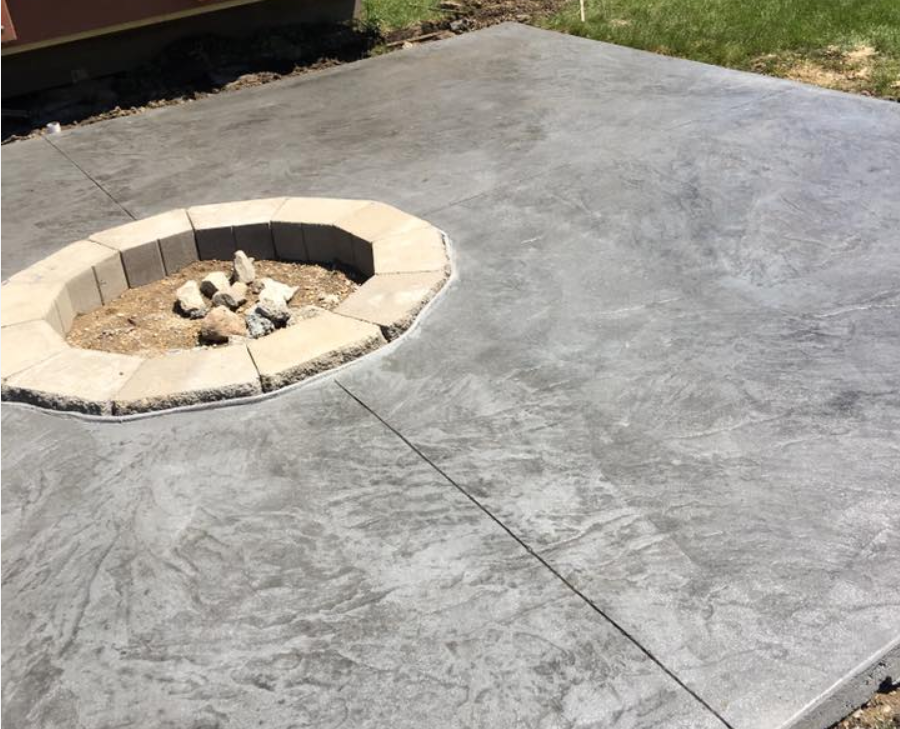



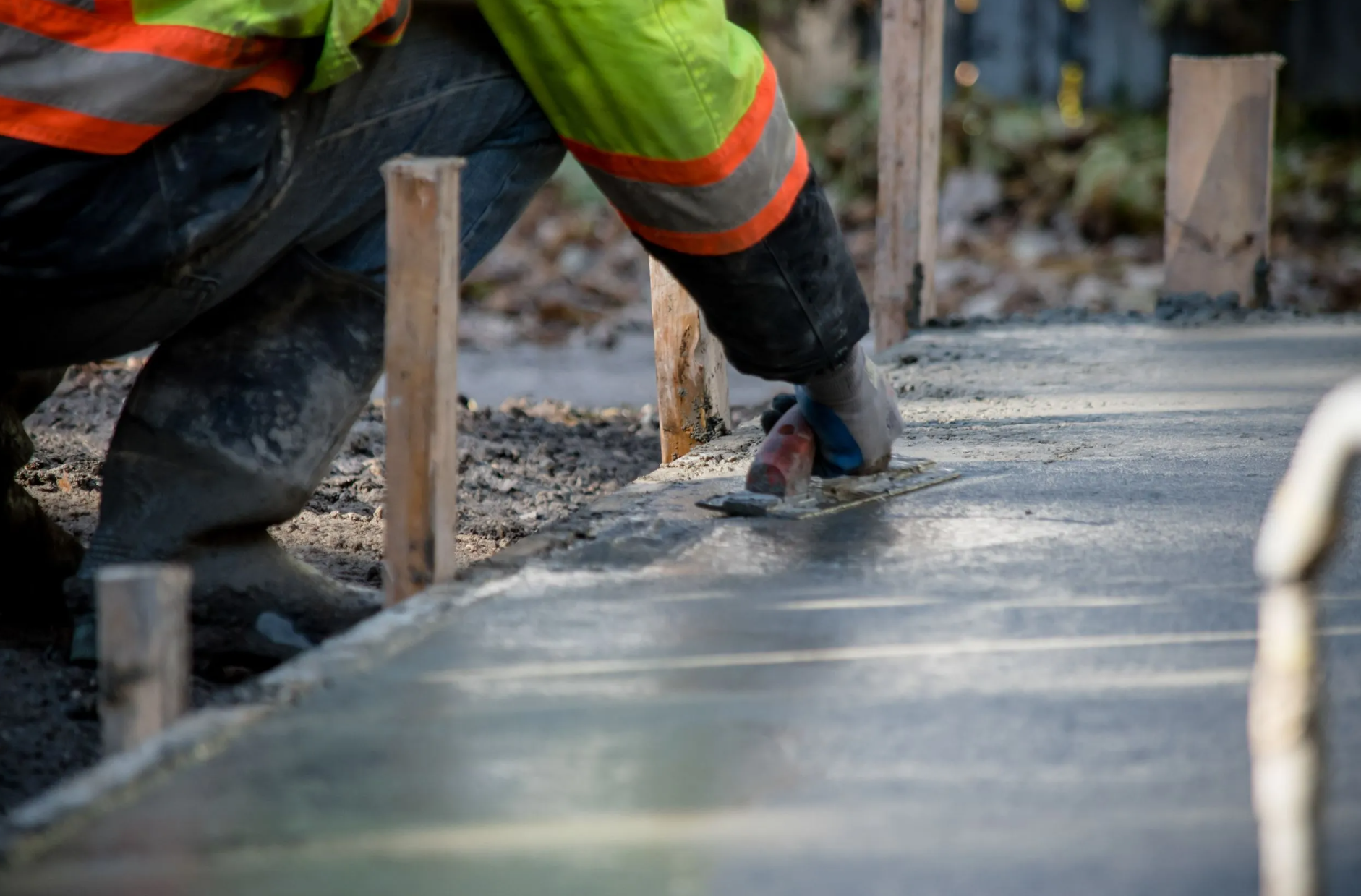







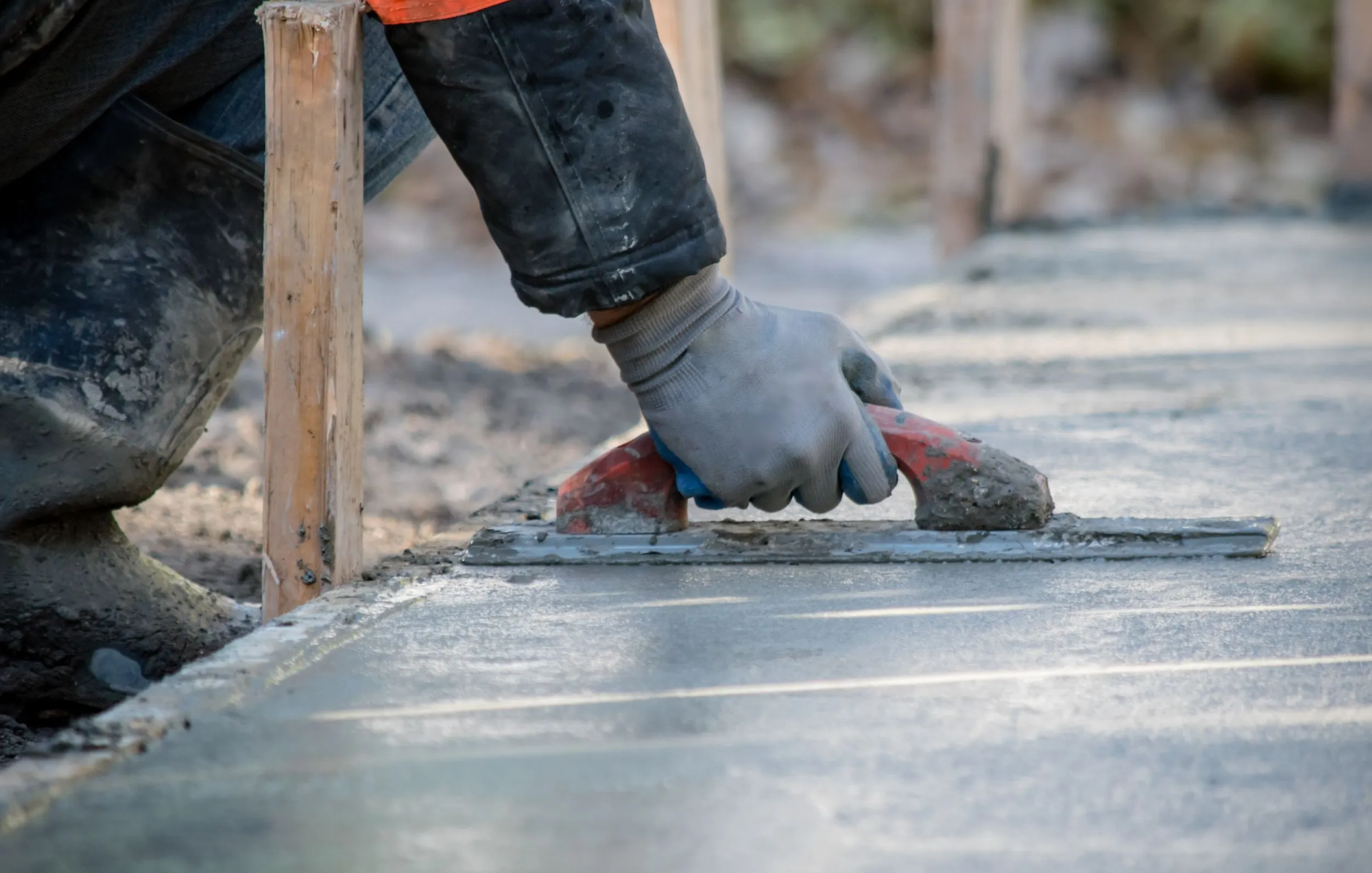



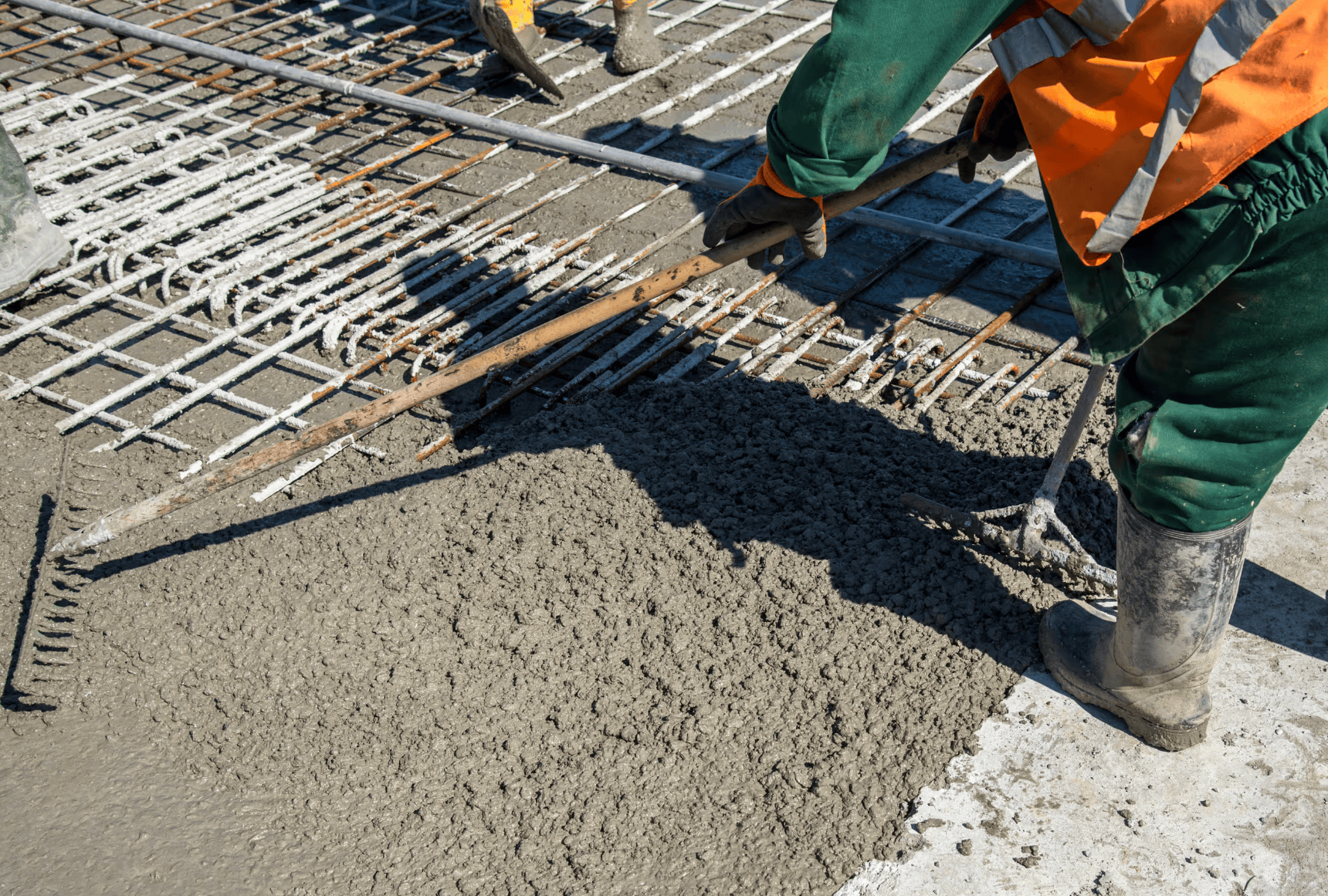



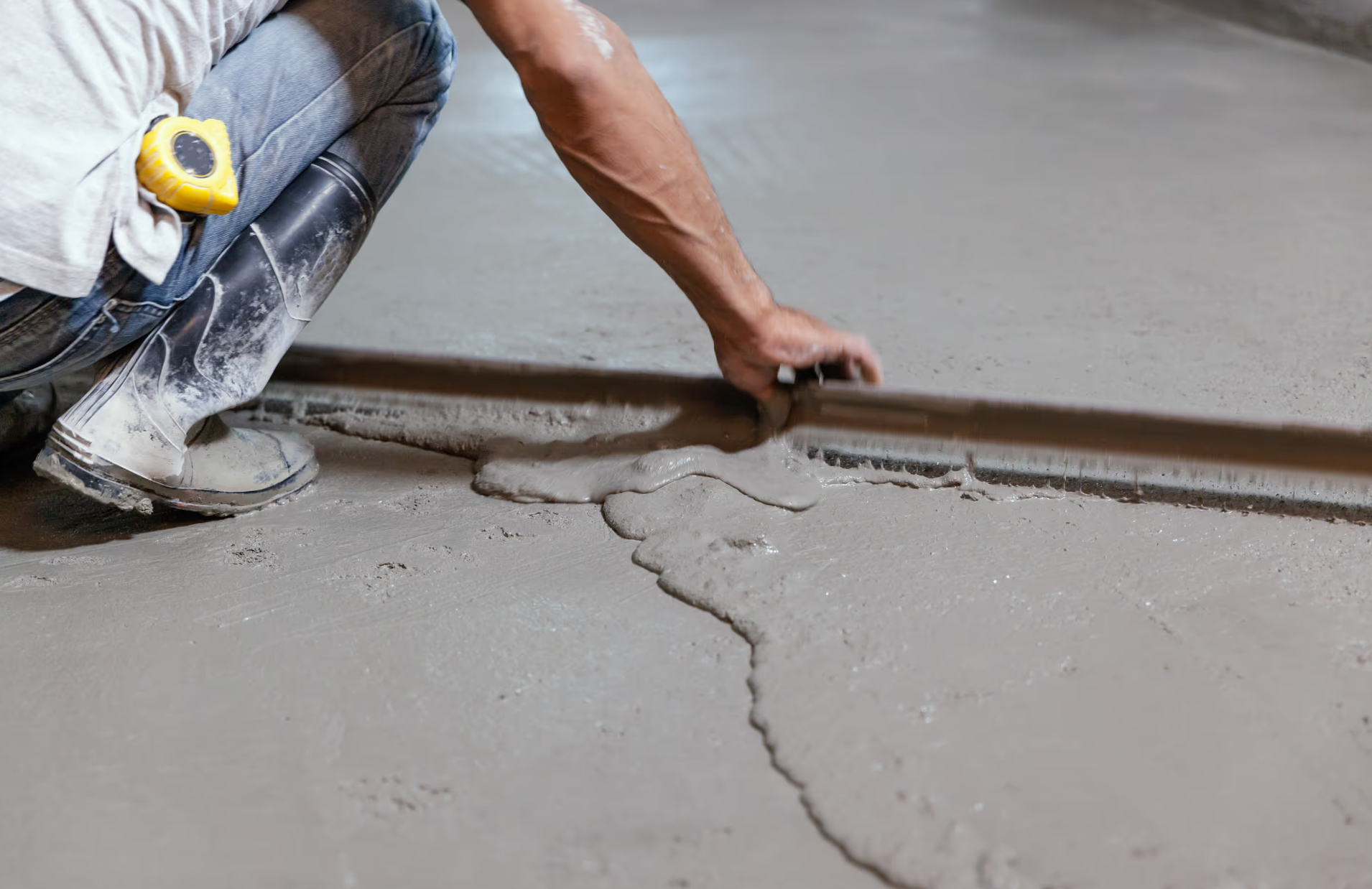



























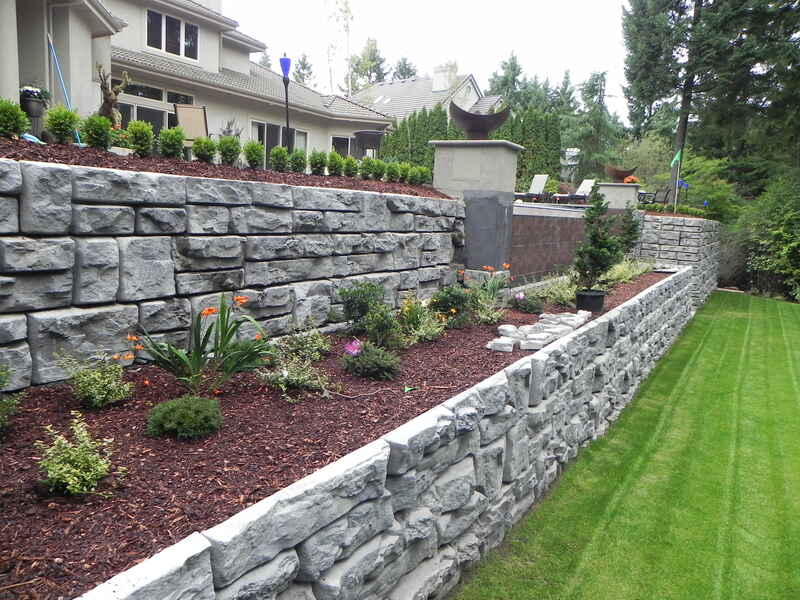







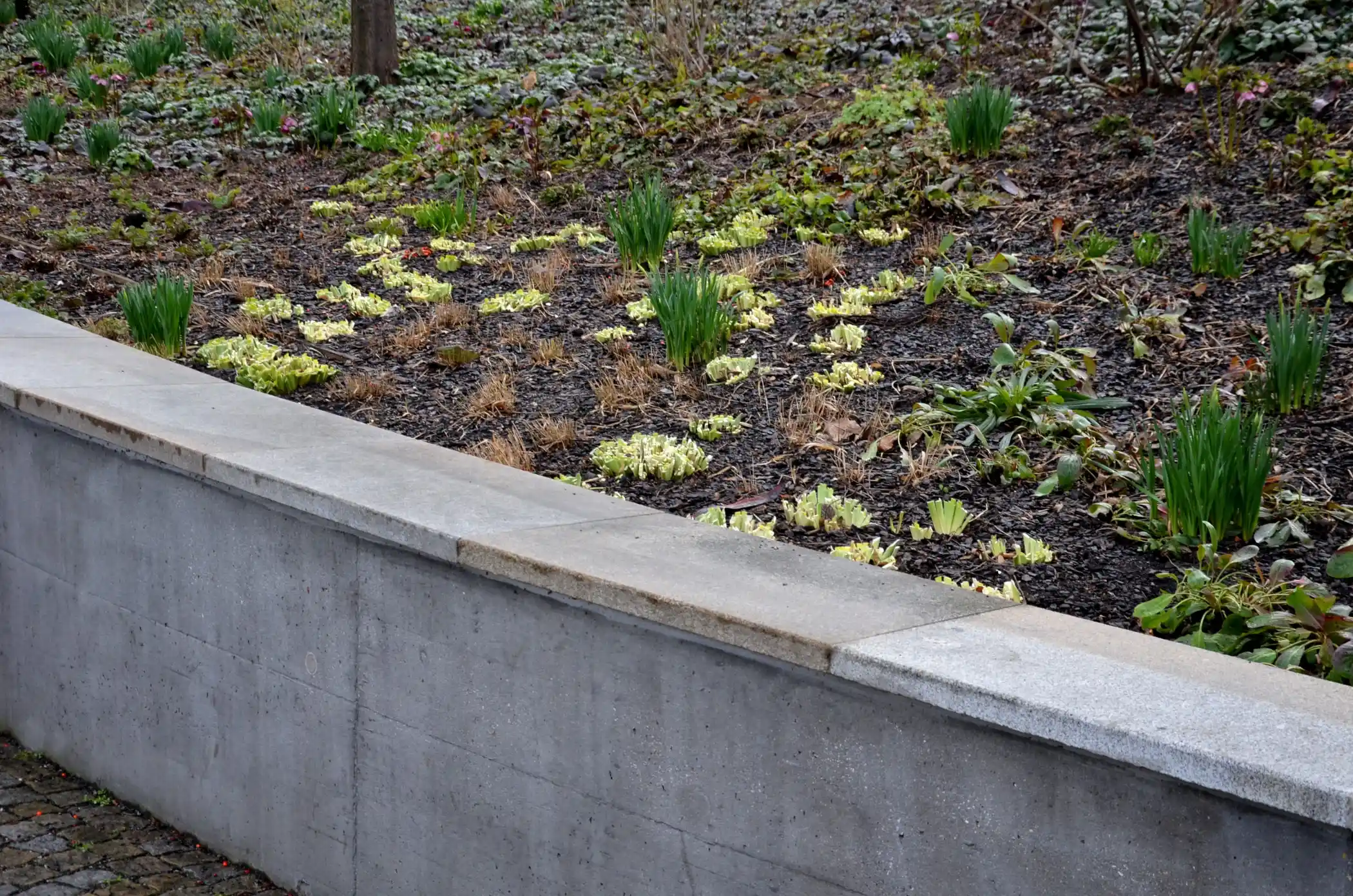







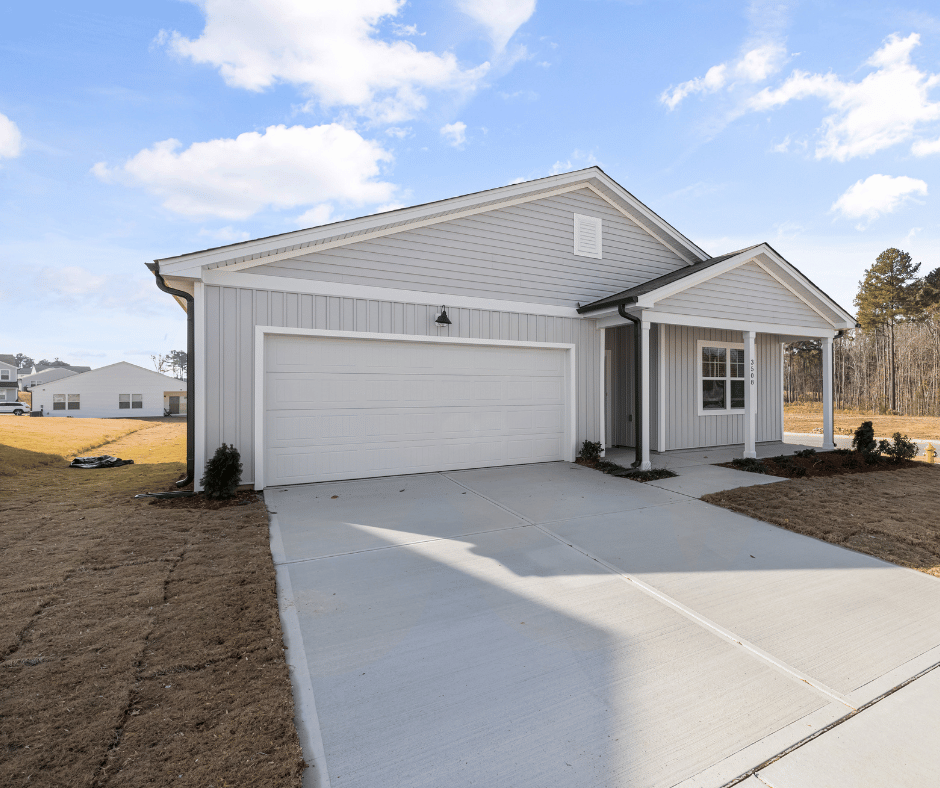



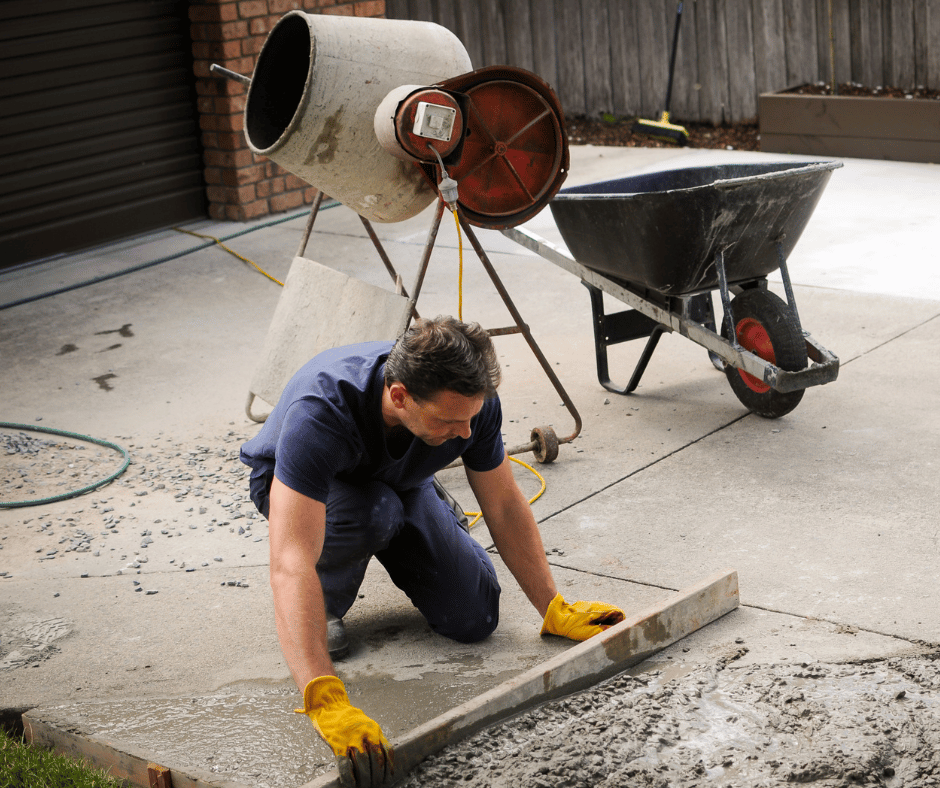



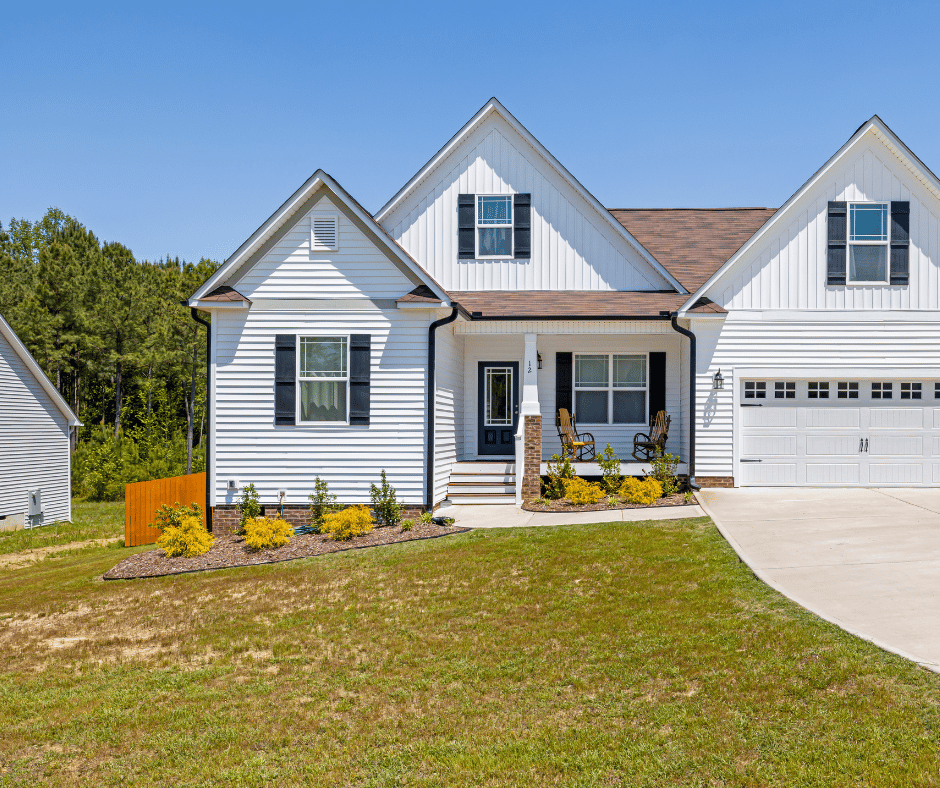



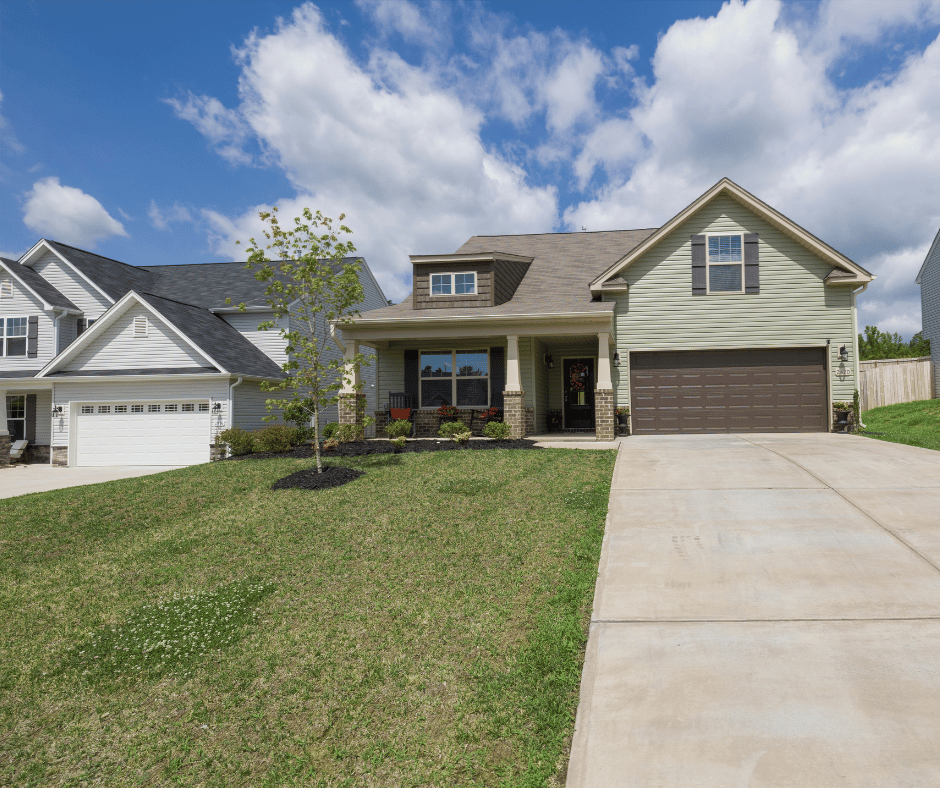



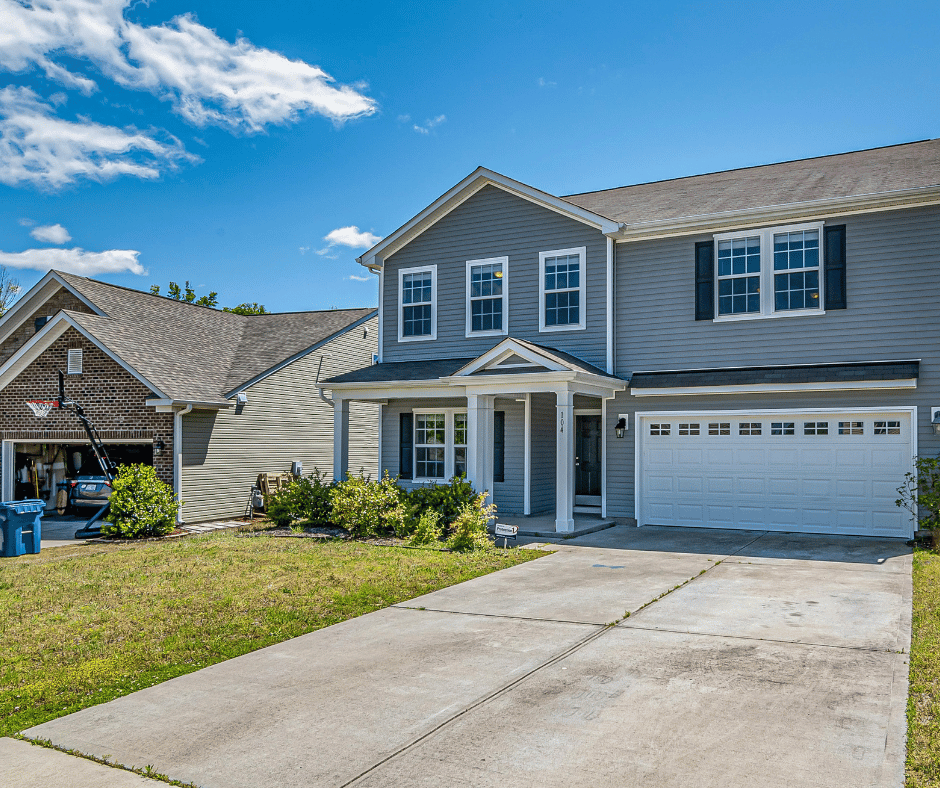











.png)



.png)













































































